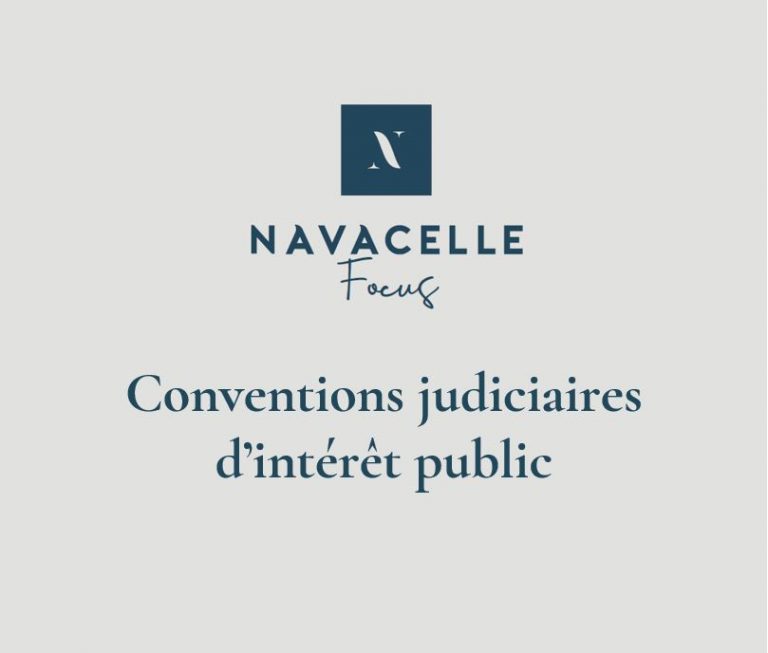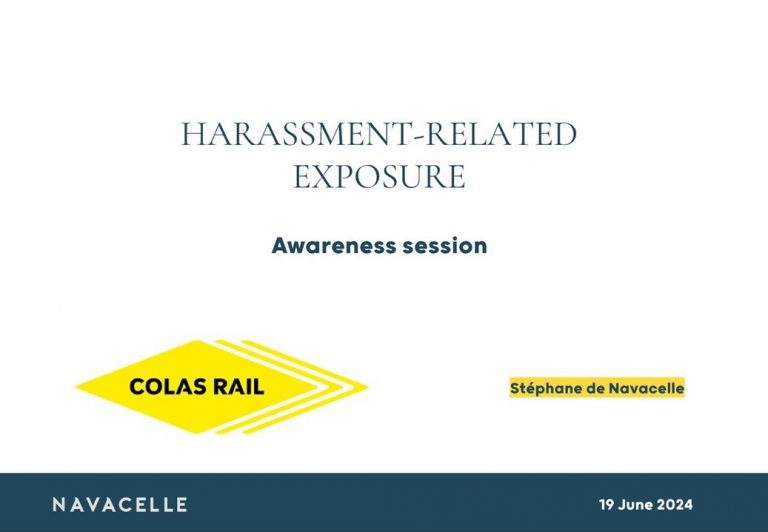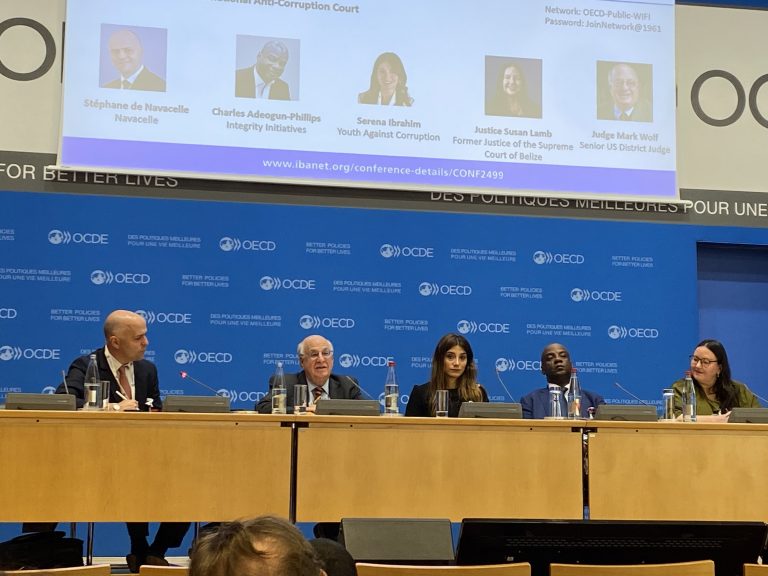On 10 December 2020, TRACFIN published its “Money laundering and terrorist financing risks analysis and trends report” (hereinafter “the Report”) for the year 2019-2020.
Indeed, each year, in addition to its activity report, TRACFIN[i] publishes a report which analyzes the risks of money laundering and terrorist financing (hereinafter “ML/FT”). The purpose of such report is to assess, identify, and understand the ML/FT risks set out in Recommendation No. 1 of the Financial Action Task Force (FATF) standards[ii] and in Article 7 of the fourth European anti-money laundering directive[iii].
The first part of the Report provides an overview of the main ML/FT risks, analyzing which economic sectors are associated with the greatest number of suspected offences and the main offence threats[iv]. In its second part, the Report analyzes in detail three sectors of activity which carry high risks of ML/FT: real estate, art and professional sports[v]. Finally, the third part of the Report, anticipates the risks of ML/FT related to new technologies in the financial sector, such as crypto assets[vi], and it also presents the development of new ML/FT channels generated by the digitalization of payment services[vii].
TRACFIN has been ringing alarm bells about the risks of crypto assets since 2015[viii], but this fear is now more than ever justified since the fraudulent use of crypto assets for money laundering has been accelerating in recent years[ix].
In this respect, the Report states that the use of payment and electronic money services, whether by using physical payment media (prepaid cards or coupons), online payment accounts or electronic money, combined with the use of crypto assets, is now a confirmed trend observed in most of the money laundering schemes processed by TRACFIN[x]. Very recently, the President of the European Central Bank, Christine Lagarde, confirmed that bitcoin was a highly speculative asset that enabled money laundering activities[xi].
In addition, the Report states that the association of electronic money and digital assets is becoming a new source for terrorist financing. TRACFIN notes that an important number of the payment and electronic money service providers operate in France[xii] under the European passport[xiii] which is causing difficulties due to the lack of harmonization at the European level[xiv]. Therefore, TRACFIN recommends: (1) systematizing the appointment of permanent representatives and controls on electronic money distributors and payment agents operating in France through the European passport, (2) encouraging the establishment of a single body of anti-money laundering and counter-terrorist financing rules and of a harmonized European supervision[xv].
TRACFIN also points out that, despite legislative and regulatory changes[xvi], the use of physical payment medium charged in electronic money still presents flaws since it allows anonymity in certain cases[xvii], and suggests: (1) identity checks from the first euro for any electronic money medium converted into crypto assets when loaded with cash and anonymous electronic money, (2) a ban on anonymous crypto asset accounts[xviii].
Finally, TRACFIN raises the new emerging ML/FT risks in the crypto assets sector, which are mainly fundraising in the form of Initial Coin Offering (ICO)[xix], the development of global stable coins[xx] and the extensive deployment of payment services by Big Tech[xxi].
Consequently, it appears that, given the risks of ML/FT raised by TRACFIN regarding the increased development of crypto assets, a specific legal regime must be put in place as soon as possible. At the national level, several texts have been adopted since the publication of the Report[xxii], but at the European level, there is currently no specific legislation for crypto currencies. However, as the European Commission is aware of the need to address the issue, it proposed, on 24 September 2020, a specific regulation to be expected in 2024, that has been discussed by the Council for the last time on 3 March 2021[xxiii].











